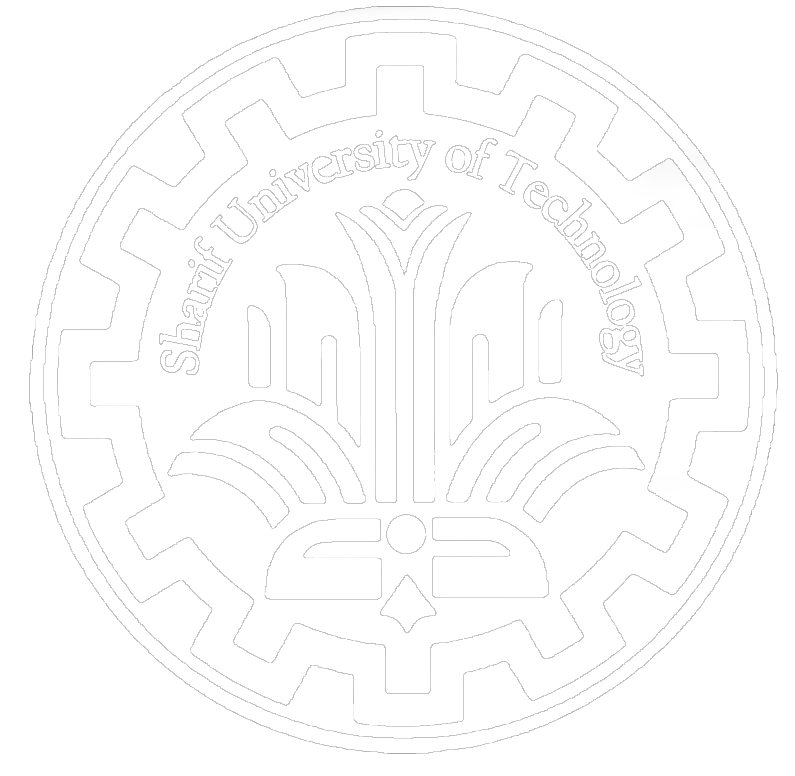Researchers from Sharif University of Technology have achieved first place in the "Artificial Intelligence, Robotics, and Industry 4.0" category of the National NeXT Technology Award.
According to the Public Relations Office of Sharif University of Technology, the "Photoacoustic Imaging" device, developed by researchers from the university's Electrical Engineering Department, secured the top position in the "Artificial Intelligence, Robotics, and Industry 4.0" category of the National NeXT Technology Award. The award ceremony took place on February 20, 2024, at the Abbasi Hotel in Isfahan. During this event, the names of the winning companies were announced in three domains: "Artificial Intelligence, Robotics, and Industry 4.0," "Connectivity, Communications, and Microelectronics," and "Biotechnology and Bioengineering," as well as in the "Pioneering" category. Awards and incentives were presented to these companies.
The "Photoacoustic Imaging" device was created by researchers from two technology companies, "MedFanavaran Plus" and "MedFaraSoot Tajhiz," affiliated with Sharif University of Technology. This device represents the next generation of ultrasound machines and is used for early-stage cancer detection, particularly breast cancer. It is noteworthy that the history of photoacoustic devices worldwide spans less than 20 years, and to date, fewer than five countries possess the technology to produce these devices. The team at Sharif University, with a background in designing and manufacturing ultrasound and echocardiography machines, has leveraged its technical expertise to design and manufacture fully indigenous photoacoustic devices within the country.
The National NeXT Technology Award (Innovative Entrepreneurs Leading Development), recognized as a significant festival and event in the field of science and technology, initially attracted 240 proposals from various provinces. Out of these, 89 proposals progressed to the final registration stage, and ultimately, based on established criteria and evaluations, 30 companies advanced to the final stage.
